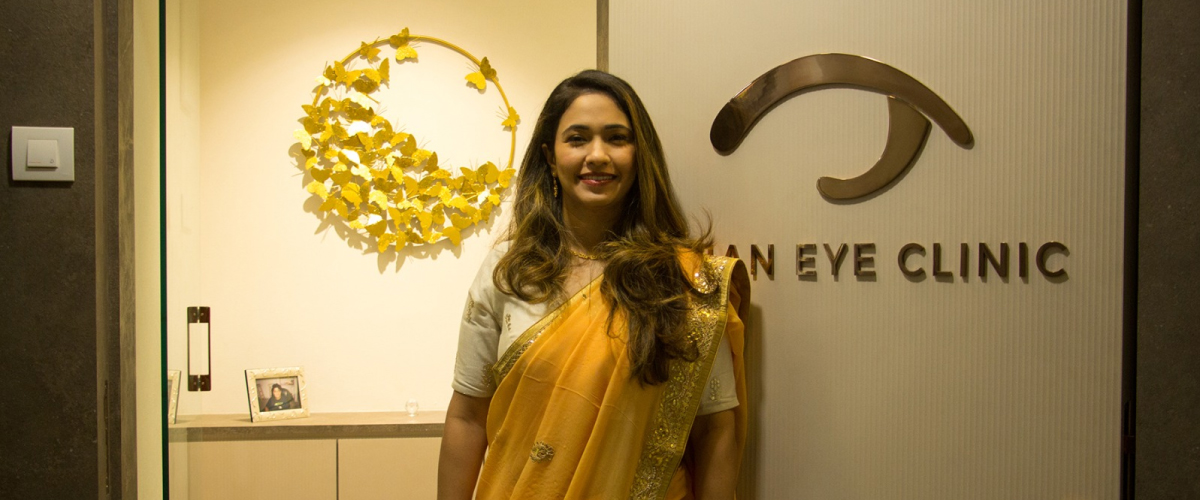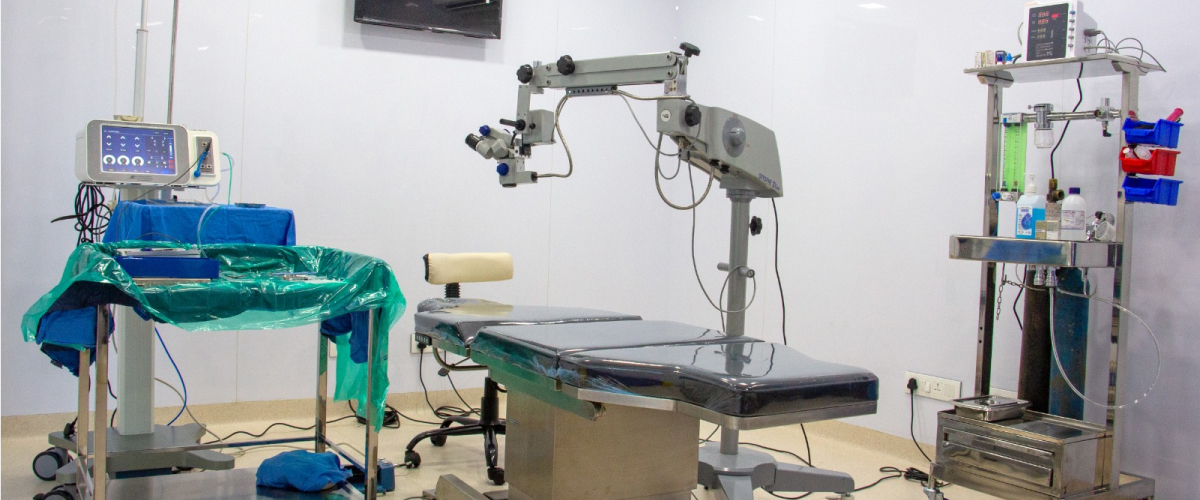


Cornea Specialist in Mumbai
Jehan Eye Clinic is a center of clinical excellence, always
staying up-to-date with the latest technology. It is led by Dr. Kareeshma
Wadia-Havewala, a renowned Cornea Specialist in Mumbai, specializing in Cornea, Cataract and
Refractive Surgeries.
The clinic offers treatment for cataracts, infections,
allergies, glaucoma, and more, ensuring high standards of eye care in a warm and
friendly environment at affordable prices.
As a Cornea Specialty clinic, it provides expert care for
conditions like Keratoconus, Bullous Keratopathy, Keratitis, and Corneal Dystrophy,
along with advanced corneal surgeries.

